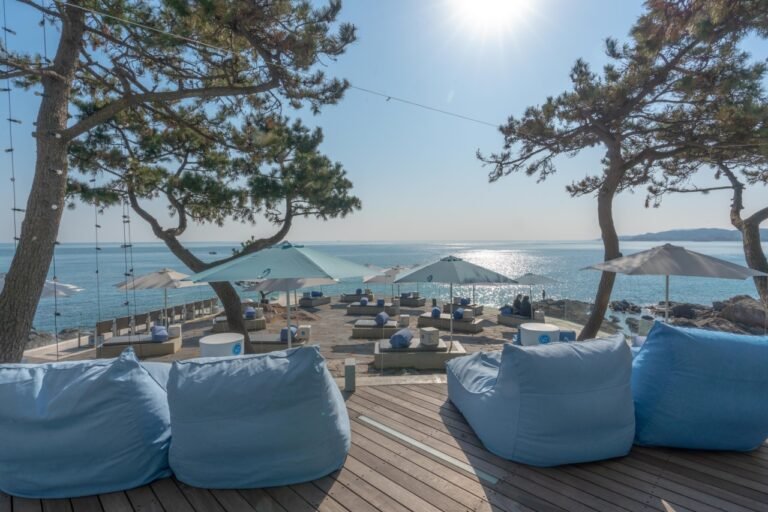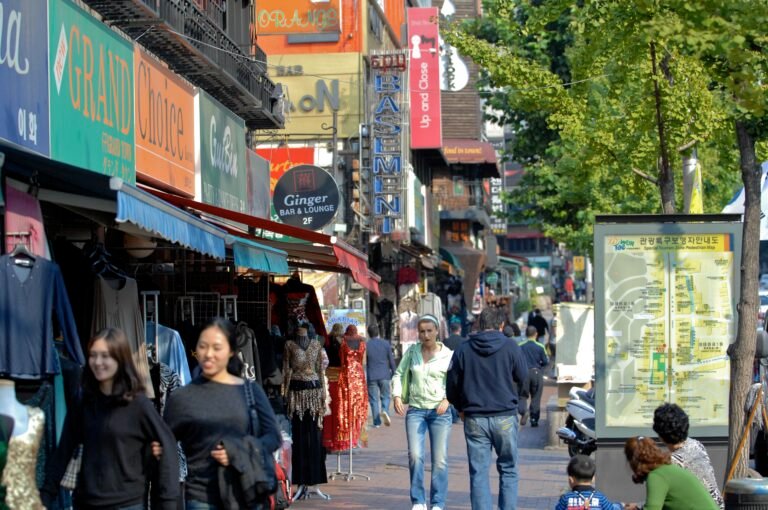Fun Facts about South Korea (You Should know in 2025)
Ready to know about fun facts of South Korea?
Hi, I am Gazi. I have been living in South Korea since 2023. Today I’ll be sharing some of the fun facts about South Korea. These are the most unique things I have ever experienced being a student here.
You’ll enjoy it to get to know about these unique kinds of cultural differents.
Table of Contents
ToggleWorld's fastest internet speed
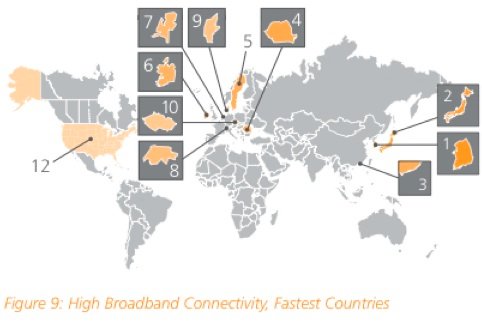
The first fascinating ting I got is that the world’s fastest internet speed ever in Korea. The broadband speed is 139.83 Mbps, and the mobile speed is 45.25 Mbps.
Education System
South Korea has one of the most rigorous education systems in the world. Students often attend school for long hours and go to private academies (hagwons) after regular school hours for additional study.
I am also a university student. I have to do class from 09:30 am to 07:30 pm. Nice, right 😃?
Koreans will always be a year older than you
A unique cultural practice considers newborns to be one year old at birth. This tradition likely stems from the belief that the time spent in the mother’s womb, approximately nine months, is rounded up to a full year. Calculating one’s age in Korea can be a bit complex, as it might differ depending on whether the lunar or solar calendar is used, along with the person’s birthday. The easiest way to determine your Korean age is by sharing your birth year with someone. Alternatively, you can use this simple formula:
(Current year – birth year) + 1 = Your Korean age.
Fan Death
In South Korea, an urban legend has circulated for years suggesting that leaving an electric fan on while sleeping in a closed room can be fatal. The myth claims that the fan could lower body temperature, leading to hypothermia, or that the fast-moving air could make it hard to breathe, causing suffocation. As a result, automatic shutoff timers on fans are considered essential safety features in South Korea.
While not everyone in the country believes this legend, those who do are often firmly convinced. Even with scientific evidence, it’s difficult to change the minds of superstitious individuals. The term for “fan death” in Korean is 선풍기사망설 (seonpunggisamangseol), a useful word if you’re curious about this unique South Korean belief. It’s just one example of the many urban legends in Korean culture.
This sound pretty wired or amazing to you 😅?
Let us know: hello@unravelkorea.com
Tetraphobia
Another interesting thing that is called Tetraphobia.
If you’re not familiar with phobia terms, tetraphobia refers to the avoidance of the number four. In South Korea, the number four is considered unlucky, so you’ll often see elevators labeled with floors 1, 2, 3, and “F” instead of 4. Apartments with the number 4, such as 404, are frequently avoided, leading to lower property values. This superstition stems from the fact that the Korean word for “four,” 사 (sa), sounds similar to the word for “death.”
Korean blood types
In South Korea, it’s a widely held belief that blood type holds significant meaning. This view is quite similar to the one held in neighboring Japan. While people in other countries may or may not be aware of their blood type, almost every South Korean knows theirs.
In South Korea, blood types are believed to influence personality traits and characteristics. This belief extends to dating, where people often consider blood type compatibility when choosing a partner. For instance, Type B women are encouraged to seek out Type O men, and Type AB men are also considered suitable, but Type A men are generally avoided. Although not everyone subscribes to this belief, it’s a common topic of discussion in South Korea.
The Korean term for blood type is 혈액형 (hyeoraekyeong). If you’re dating in South Korea, it’s likely to come up as one of the questions to ask your potential partner.
One of three surnames: Lee, Park, or Kim.
Nearly half of all Koreans have one of three surnames: Lee, Park, or Kim.
A legacy of Korean merchants striving to enhance their status in the 18th century, a few surnames gained prominence across the peninsula. Notably, the surname Kim holds a distinctive place, as it is shared by one in five Koreans.
Korean Beauty
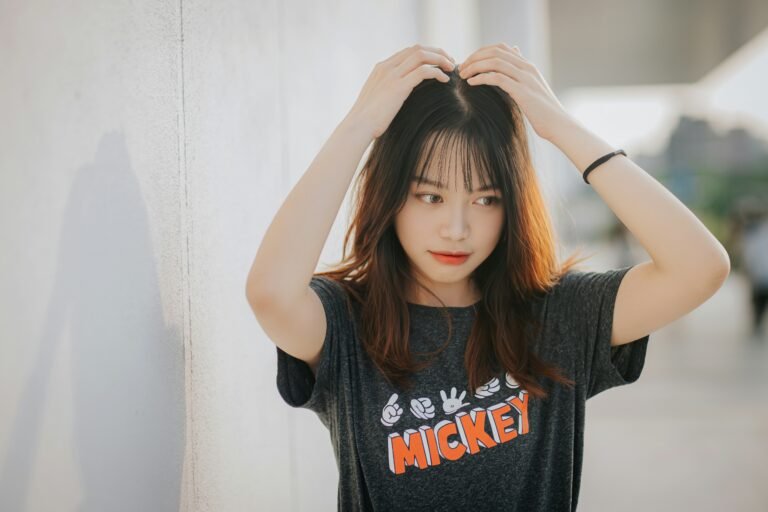
Korean beauty standards and practices are renowned worldwide, making South Korea a leading destination for medical tourism, cosmetics, and plastic surgery. The country blends traditional and contemporary beauty techniques, drawing people from across the globe.
Korean skincare products are celebrated for their high quality and innovation, gaining international popularity. The country’s beauty routines, like the famous 10-step skincare regimen, have significantly impacted global beauty trends.
Plastic surgery
While plastic surgery is often considered taboo or at least frowned upon in many Western countries, South Korea has fully embraced it, to the point where it is widely accepted and even encouraged. It’s not unusual for South Korean teenagers to undergo plastic surgery before starting university, and many don’t need to seek parental approval since their parents often support and finance the procedures.
Women are the primary recipients of plastic surgery in South Korea. Common procedures include double eyelid surgery, nose reshaping, and chin augmentation, all aimed at achieving the appearance popularized by celebrities.
Additionally, plastic surgery in South Korea is generally much more affordable compared to other countries, making it more accessible to a broader range of people.
Gaming Culture
South Korea is a hub for eSports and online gaming. Games like StarCraft and League of Legends are almost considered national sports, and professional gamers are highly respected.
Kimchi
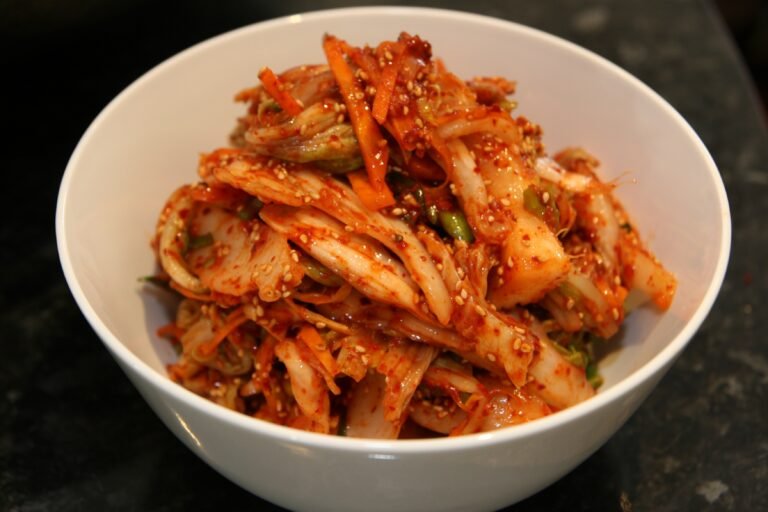
You went to a restaurant and you never had Kimchi in Korea. It’s unimaginable!
Kimchi, a traditional fermented vegetable dish (usually made with cabbage), is a staple in Korean cuisine. It’s so popular that South Koreans consume an average of 40 pounds of kimchi per person annually!
Soju
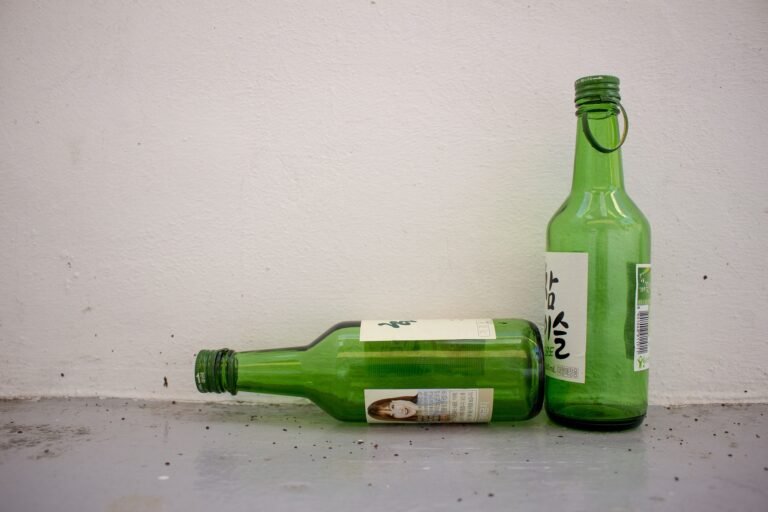
Soju is a traditional Korean alcoholic beverage, usually made from rice. It’s one of the most popular liquors in the world, with South Korea consuming more Soju per capita than any other country.
Love motels
A concept that might seem unusual to many Westerners, love motels are a significant business in South Korea. What are love motels? They offer rooms for a few hours or overnight stays, catering primarily to one specific need. These establishments range from budget-friendly to luxurious, and from basic to more adventurous in terms of amenities.
The reason for their popularity is tied to living arrangements in South Korea. Many young Koreans either live in dorms or with their parents well into their student years. As a result, love motels provide a private space for couples, not just for casual encounters but also for planned date nights. Many couples reserve these rooms in advance to enjoy a special evening together.
Respect for Elders
Respect for elders is a significant part of South Korean culture. This is evident in language, where there are different speech levels depending on the age and status of the person you are speaking to.
Plastic Cash
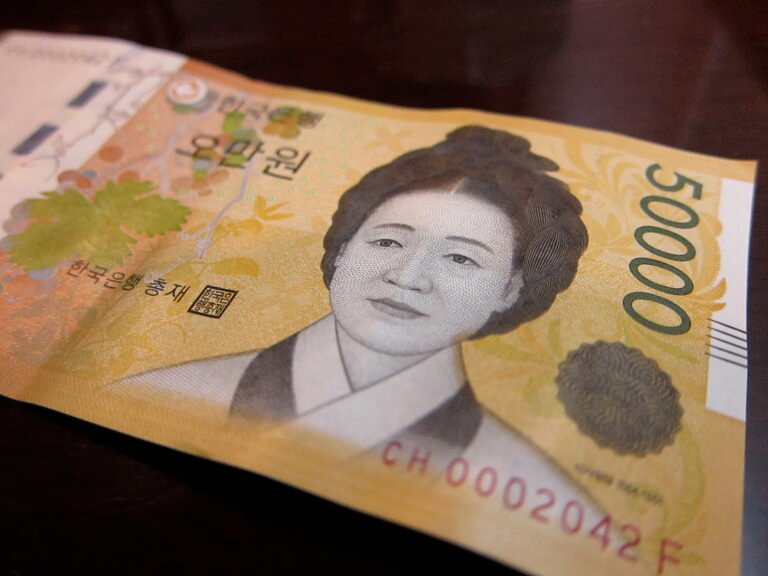
South Korea is not only highly connected but also has one of the highest rates of credit card usage in the world. Almost every place you visit, including taxis, food delivery services, and restaurants, accepts credit cards. Credit card payments are extremely common across the country. If you’re living in South Korea and don’t have a credit card, it’s definitely a good idea to get one.
To check if a store accepts credit cards, you can ask, “카드 돼요?” (kadeu dwaeyo)?
Joining me for latest travel news, offers, and events
Stay connected on Instagram

